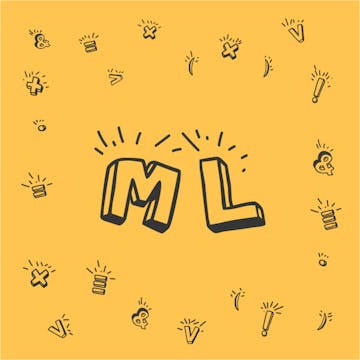

Математическая логика. Политехнический взгляд

Современная математическая логика - обширная, сложная и разнообразная область знаний. Мы рассмотрим в курсе самую простую ее часть - логику высказываний. Методы, приемы решения задач логики высказываний составляют базис всей математической логики. На примере...
Read more
Good to know
Save this course
Reviews summary
Highly rated logic course
Activities
Career center
Software Developer
Data Scientist
Business Analyst
Computer Scientist
Web Developer
Network Administrator
Information Security Analyst
Technical Writer
Systems Analyst
Database Administrator
Quality Assurance Analyst
Product Manager
Project Manager
Consultant
Researcher
Reading list
Share
Similar courses
OpenCourser helps millions of learners each year. People visit us to learn workspace skills, ace their exams, and nurture their curiosity.
Our extensive catalog contains over 50,000 courses and twice as many books. Browse by search, by topic, or even by career interests. We'll match you to the right resources quickly.
Find this site helpful? Tell a friend about us.
We're supported by our community of learners. When you purchase or subscribe to courses and programs or purchase books, we may earn a commission from our partners.
Your purchases help us maintain our catalog and keep our servers humming without ads.
Thank you for supporting OpenCourser.

